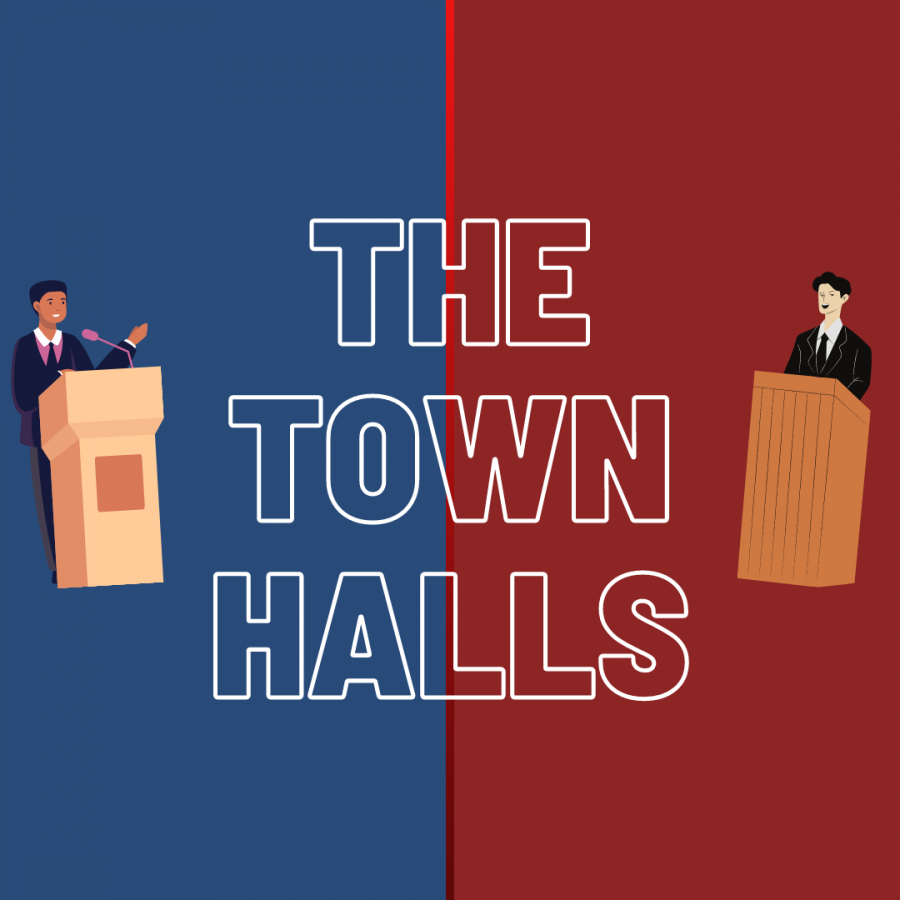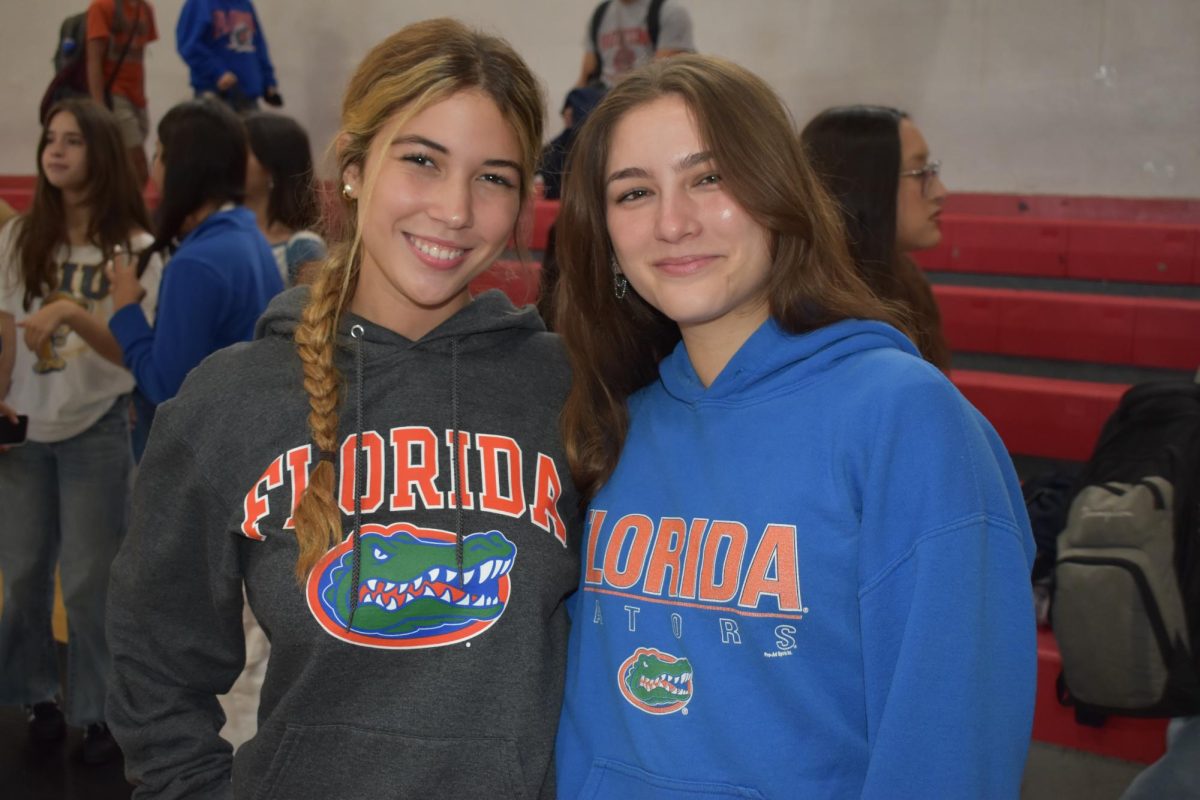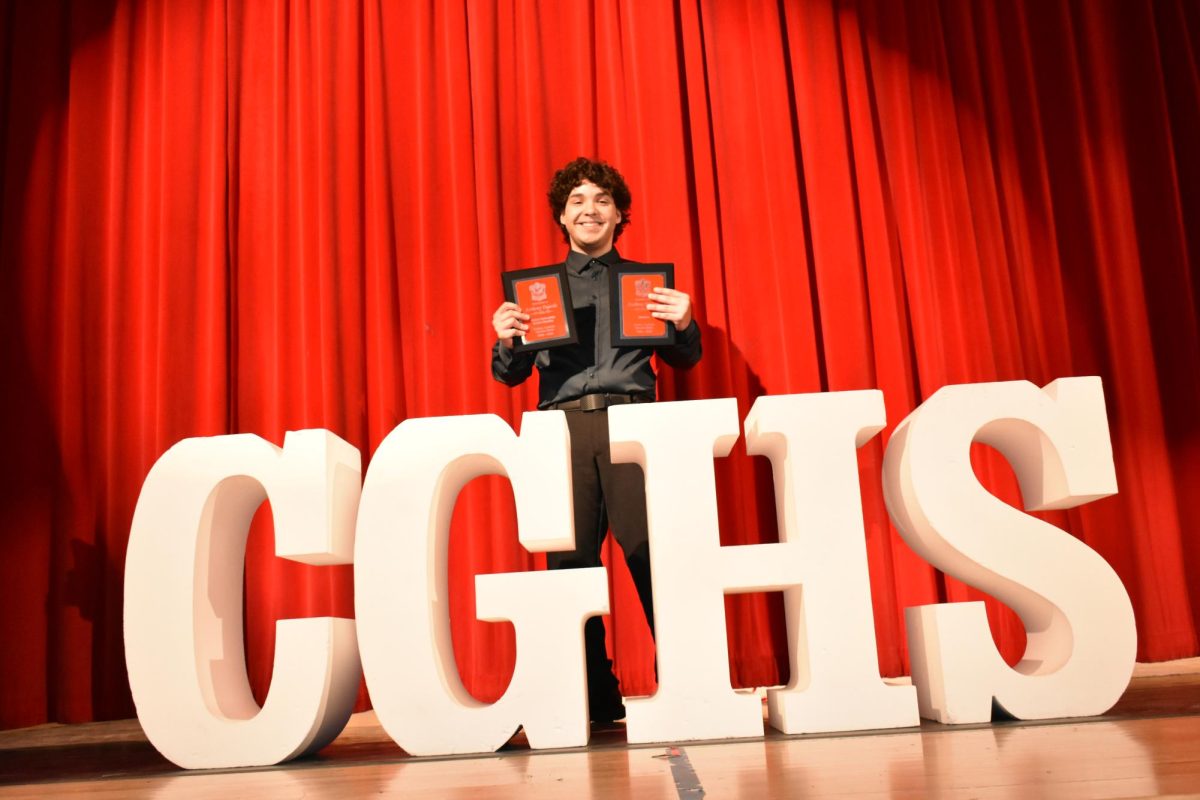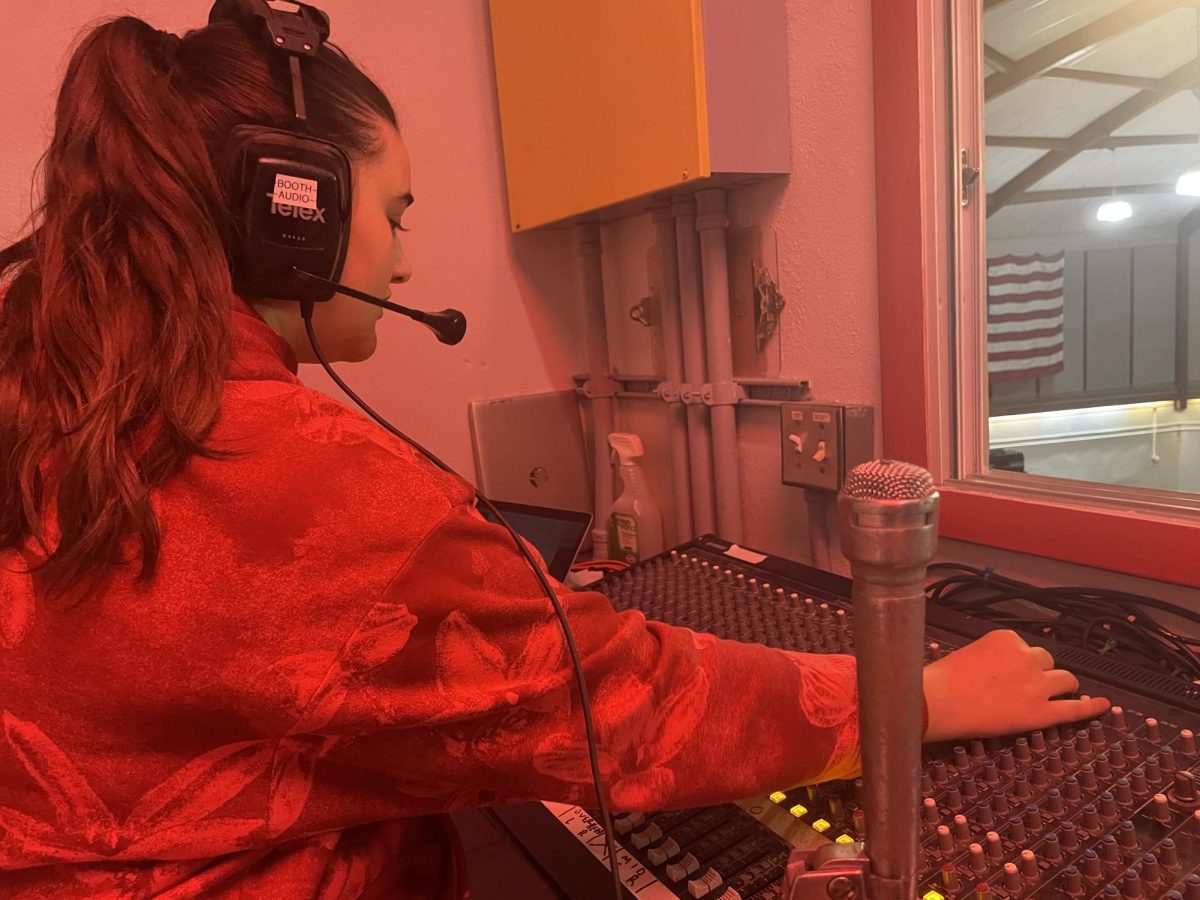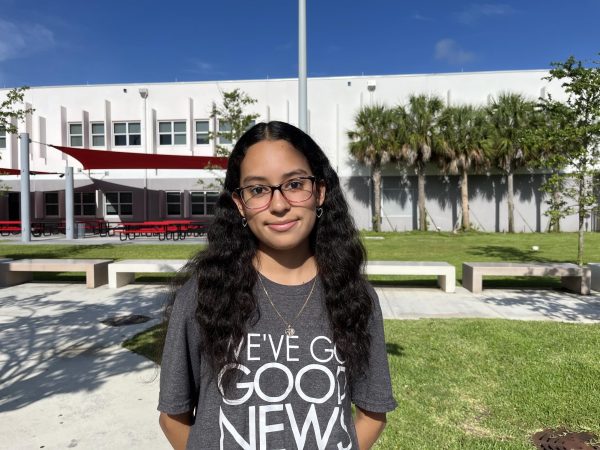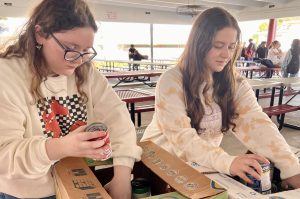Town Halls: What Went Down
Donald Trump and Joseph Biden discussed their plans and tried to rally more votes during their respective town hall meetings.
Oct 1, 2020
As the election for the next United States president nears, the candidates are doing as much as they can to gain support before voting begins. On Sep. 29, candidates Joe Biden and Donald Trump faced off in their first Presidential Debate. However, less than one week later, President Trump announced that he contracted COVID-19, days before their scheduled second debate in Miami. Due to health and safety concerns, the event was canceled but reformatted to be held virtually.
Biden agreed to the new accommodations, but Trump did not, leading the Commission on Presidential Debates to come up with a compromise. The Commission decided to host two separate, in-person town halls for each of the candidates. On Oct. 15, the town halls took place, Trumps’ being hosted by the National Broadcasting Company and Biden’s being hosted by the American Broadcasting Company.
Held by NBC, Trump flew to Miami to attend his town hall, moderated by news anchor Savannah Guthrie. The town hall covered a wide range of questions, from the Coronavirus to QAnon. When asked about the QAnon conspiracy, an idea that a Satanic cult of pedophiles is running a child-trafficking ring and plotting against Trump, President Trump did not denounce it, but rather claimed he knew nothing about it and proceeded to bring up Antifa. Trump did denounce White supremacy, however, after being questioned about his hesitation to denounce it in the first Presidential Debate.
One of the most talked-about statements from the president that night was his response to whether or not he took a COVID-19 test the day of the first Presidential Debate. After Guthrie asked the president if he had gotten tested before the debate, Trump claimed he could not remember, but that he gets tested frequently. In regard to mask wearing, President Trump said he has no problem with people wearing them but falsely claimed that 85% of people who wear masks catch the virus. Trump did not reveal to Guthrie what he owes in debt when asked but did say he does not owe any money to Russia, nor does he have any knowledge of owing money to any other foreign country. On the topic of the possibility of Biden winning, Trump noted he would like there to be a peaceful transfer of power, but he still wants an honest election.
Meanwhile in Philadelphia, Biden answered a variety of questions asked by commentator George Stephanopoulos. The former vice president made clear his intent to roll back tax cuts on the wealthy, ultimately envisioning saving $92 billion. Biden also discussed his stance on the possibility of expanding the Supreme Court, increasing the number of seats from the current nine, a concept commonly known as court packing. He claimed to not support the idea, but says that whether or not he will expand the court depends on the confirmation of Amy Coney Barrett, President Trump’s nominee for the open Supreme Court Justice position.
Biden went on to clarify that he will give a clear position on the subject before election day comes. Biden asked Trump to get tested for COVID-19 before the next and final Presidential Debate to ensure the safety of those around him. After Stephanopoulos finished asking Biden all the questions he had, Biden spent 30 minutes taking questions from the audience.
“Instead of saying what he plans on doing as president for the next four years, Trump ignored the question completely and simply says he will make the next four years a lot better. Biden, on the other hand, lists multiple intentions of what he would do as president when asked the same question and even offers to talk more in-depth about it after the town hall ended,” sophomore Matteo Rocha-Chaves said.
When it came to audience numbers, Biden’s numbers surpassed Trump’s with 14.1 million viewers as opposed to 13.5 million. Some criticism was faced as many viewers were upset that the town halls were held at the same time, making it much more difficult to watch both. The events being arranged at the same time but on different channels forced viewers to choose which town hall they deemed more important. This created an obstacle for those who wanted to see what both candidates had to say. Still, the town halls provided more information regarding the candidates’ stances on several topics, helping viewers stay educated before the upcoming Nov. 3 election.
“I think the town halls just proved that people are likely to just choose the lesser of two evils, whoever that may be,” sophomore Jon Trueba said.
Touching on many subjects Americans have been eager to hear about, both candidates gave more insight on what their potential presidency might look like. This provided further insight for citizens currently in the process of deciding who they will vote for in this upcoming election. With the 2020 election only two weeks away, both Biden and Trump are racing to gain as many more voters as they can in this last stretch of the presidential race.


